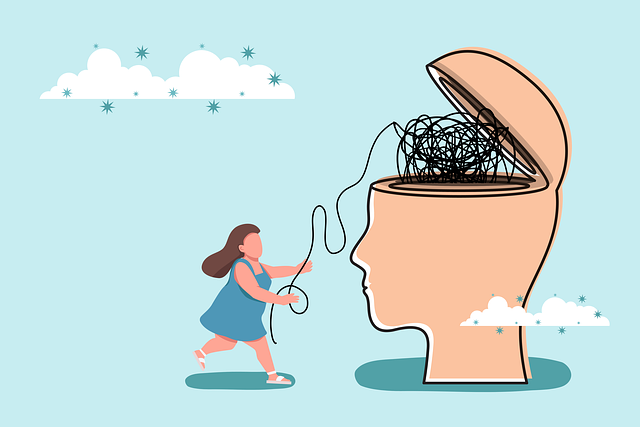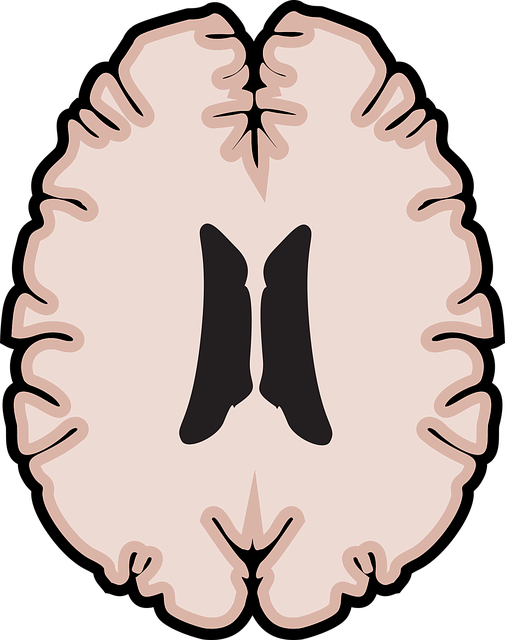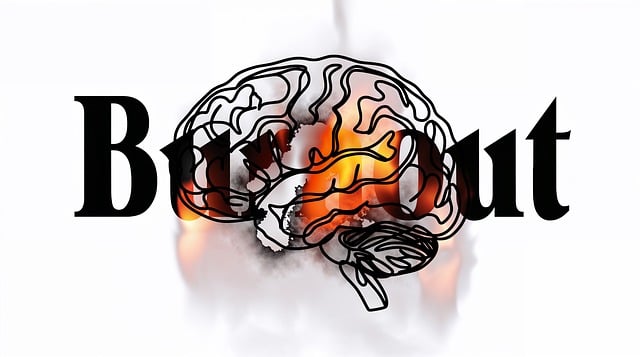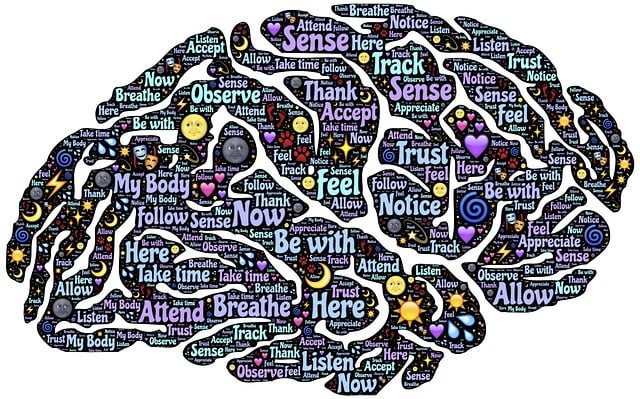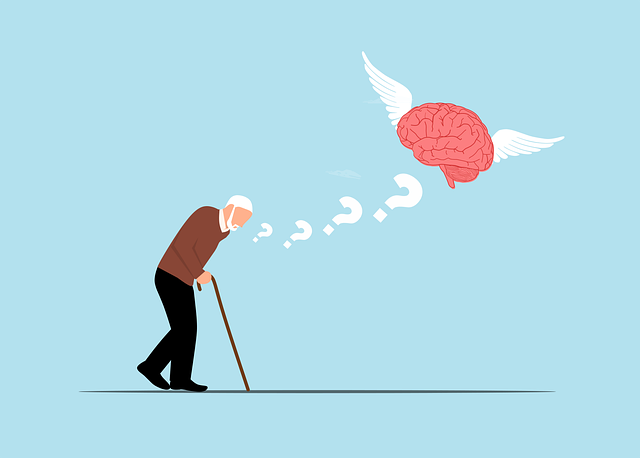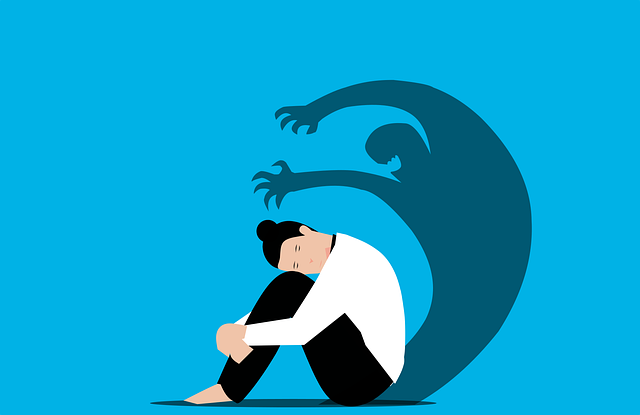Loss, grief, and bereavement significantly impact elders, but therapy, particularly hypnotherapy, offers a unique and effective approach. Hypnosis helps clients access their subconscious to process repressed feelings, develop healthy coping skills, and enhance well-being. Stress management workshops and organizational techniques can be integrated for practical emotion regulation. This method prioritizes empathy in the therapeutic relationship, providing better support during grief. Hypnotherapy is a non-invasive tool that empowers elders to navigate bereavement, improve self-esteem, and rebuild identity, reducing stigma and promoting mental health awareness among seniors.
Loss, grief, and bereavement can profoundly impact individuals, especially elders. This comprehensive guide explores these complex topics head-on, providing a deep dive into understanding loss, its various stages, and the role therapy plays in navigating these difficulties. We delve into innovative approaches like hypnosis as therapeutic tools for bereavement support, highlighting benefits and techniques employed in counseling sessions. Real-life success stories showcase how therapy can transform lives, with a particular focus on the unique needs of elders. Discover the power of healing through tailored interventions, including hypnosis for elders seeking to cope with loss.
- Understanding Loss, Grief, and Bereavement: A Comprehensive Look
- The Role of Therapy for Elders in Navigating Difficulties
- Hypnosis as a Therapeutic Approach for Bereavement Support
- Benefits and Techniques Employed in Counseling Sessions
- Real-Life Success Stories: Transforming Lives Through Therapy
Understanding Loss, Grief, and Bereavement: A Comprehensive Look

Loss, grief, and bereavement are deeply personal experiences that vary greatly from one individual to another. Understanding these complex emotions involves recognizing that loss can stem from various sources, including the death of a loved one, significant life changes, or even unmet expectations. Grief is the emotional response to loss, characterized by a range of feelings such as sadness, anger, and guilt. Bereavement, on the other hand, refers to the period after a significant loss when individuals begin to adjust to their new reality without the presence of their loved one.
Hypnotherapy offers a unique approach to coping with these challenging emotions, especially for elders seeking therapy. Through hypnosis, clients can access their subconscious mind to uncover and process repressed feelings, develop healthy coping skills, and enhance their overall well-being. This alternative therapy focuses on building empathy within the therapeutic relationship, enabling better understanding and support during the grieving process. Additionally, stress management workshops and organization techniques can be integrated into the healing journey, providing practical tools for managing difficult emotions and navigating life transitions.
The Role of Therapy for Elders in Navigating Difficulties

For elders navigating loss and grief, therapy plays a pivotal role in easing their journey through this challenging period. As age advances, individuals often face complex emotions related to bereavement, making professional support invaluable. Elderly clients can benefit from various therapeutic approaches, with hypnosis emerging as an innovative technique. Hypnosis allows them to explore and process deep-seated feelings, memories, and beliefs associated with loss, facilitating a path towards healing.
Through therapy sessions, elders gain tools for stress management workshops organization, which is crucial in their daily lives post-loss. Mental health awareness and stigma reduction efforts can be significantly enhanced by incorporating techniques like hypnosis into therapeutic practices. This holistic approach ensures that the unique needs of seniors are met, empowering them to confront and overcome grief while fostering a sense of empowerment and improved mental well-being.
Hypnosis as a Therapeutic Approach for Bereavement Support

Hypnosis has emerged as a unique and effective therapeutic approach for providing bereavement support, particularly when tailored for elders. This alternative method can help individuals navigate the complex emotions associated with loss, grief, and bereavement. Through hypnosis sessions, elders can achieve a deep state of relaxation, enhancing their self-awareness exercises and enabling them to process their feelings more effectively. The practice facilitates a form of crisis intervention guidance, allowing them to confront and manage intense emotions like sadness, anger, or guilt that often surface during such challenging times.
Moreover, hypnosis can contribute to self-esteem improvement in elders dealing with bereavement. By accessing the subconscious mind, individuals can address deep-seated beliefs that may be hindering their ability to cope. This process encourages a more positive self-perception and empowers them to rebuild their sense of identity post-loss. As a non-invasive therapy, hypnosis offers a gentle yet powerful tool for elders seeking support during their journey through grief and bereavement.
Benefits and Techniques Employed in Counseling Sessions

Loss, grief, and bereavement counseling offers a safe space for individuals to navigate their emotions post a significant loss. Through various techniques, therapists help clients process their feelings, find solace, and rebuild their lives. One powerful tool in this therapeutic arsenal is hypnosis, which has shown remarkable effectiveness in treating older adults experiencing grief. Hypnosis enables individuals to access their subconscious minds, where deep-seated emotions and memories are stored. This allows for a more profound understanding of one’s grief process and can facilitate anxiety relief, a common struggle during bereavement.
In addition to hypnosis, counselors employ stress reduction methods tailored to each client’s unique needs. Self-care practices, such as mindfulness meditation and journaling, are often integrated into the counseling process. These techniques empower individuals to manage their emotional well-being, fostering resilience in the face of loss. By combining evidence-based practices with personalized care, counseling sessions offer a transformative journey towards healing and acceptance.
Real-Life Success Stories: Transforming Lives Through Therapy

In the realm of loss, grief, and bereavement counseling, there are countless success stories that highlight the transformative power of therapy. For elders grappling with profound sadness, therapy has emerged as a beacon of hope, offering them a path to heal their emotional wounds. Through tailored sessions, therapists create a safe space for individuals to express their feelings, fostering resilience and helping them navigate this challenging journey.
Hypnosis, a specialized therapeutic technique, has proven particularly effective in assisting elders with grief. This alternative approach enables clients to access profound emotional healing processes, allowing them to confront and release bottled-up emotions. By combining hypnosis with conventional therapy, counselors can facilitate a holistic process that addresses both the mind and body, promoting public awareness campaigns development and empowering individuals to rebuild their lives post-loss.
Loss, grief, and bereavement counseling offer vital support for individuals coping with profound emotional pain. By combining traditional therapy with innovative approaches like hypnosis, professionals can significantly enhance the healing process, particularly for elders navigating these challenges. These methods provide effective tools to manage symptoms, promote resilience, and ultimately, foster a path towards acceptance and a renewed sense of well-being. For seniors seeking solace, therapy and hypnosis present a game-changer in their journey through loss, offering a guiding light in even the darkest of times.

